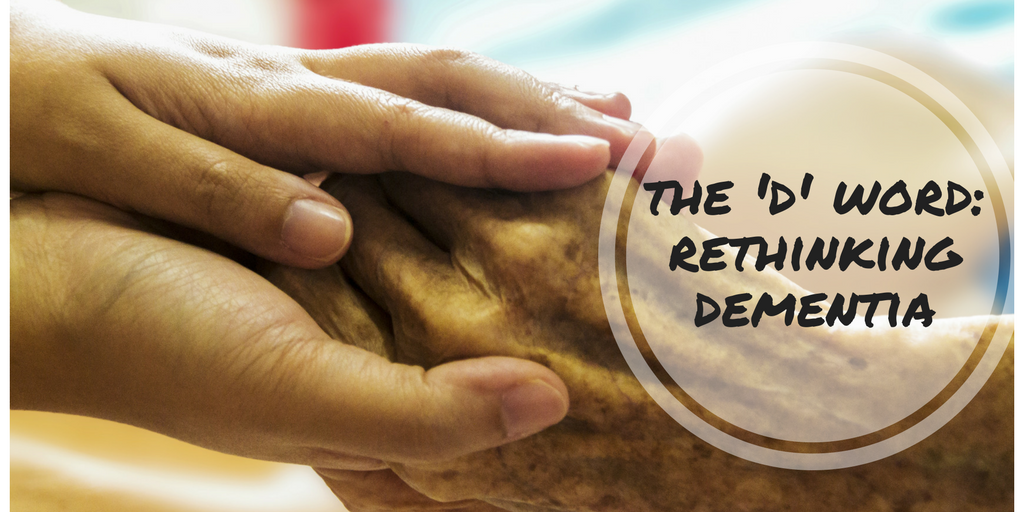
When the brain is affected by dementia, logical thinking and reasoning ability are affected quite early on. However, the amygdala – the part of the brain that is the integrative centre for emotions, emotional behaviour, and motivation – is less affected. People with dementia (PwD) who have trouble processing logic and reasoning do not have a similar problem with their ability to feel emotion. Indeed, as far as research can show, people with dementia still feel happy, sad, afraid and so on, even after they can no longer speak or recognise people they know well, even when they need total support to live their lives. It seems, though, that most people – including many well-meaning carers – are unable to adjust their own behaviour and thinking to accommodate the continuance of emotional experience, along with the decrease in reasoning ability of the person they care for.
If someone has a broken leg we do not assume that they could walk on it ‘if they tried’. We do not suggest that they listen very carefully whilst we explain how to walk. We do not try to divert their attention so that they can walk without thinking. No. Instead we set the broken bone and maintain it in position with support (a leg-plaster). We allow them to rest the leg. We give them a crutch to aid movement and we accept that walking will be slow and difficult until the leg is healed. Similarly, if someone has part of their brain which is not functioning we should make allowances. We should try to keep the parts of the brain that do function in as good order as possible – by encouraging social interaction, physical exercise and general health. We should allow the brain to ‘rest’ when it needs to by not demanding actions which are no longer essential. We should supply a ‘crutch’ using memory aids, providing unobtrusive help and support. We accept that everything cannot be as it once was because this brain is not what it once was.
It is important, though, that society should recognise the relative importance of the emotions which come to predominate when logical thought and thought processing are deteriorating. Society in general does not much like domination by the emotions. ‘Civilised’ people should learn to control emotion and apply logic and reason to manage their everyday life, it is thought. But what if we can no longer use our logic and reasoning to help us come to terms with emotions? Suppose we are unable to understand and work out why we feel sad or happy? Imagine if we feel these emotions overwhelmingly, but we are unable to deal with them by a change of scene, by talking through our feelings, by taking actions to alleviate the misery or express the happiness. Imagine being no longer able to speak coherently enough to tell anyone how frightened you feel or how angry. What might you do? How might you try to express yourself? Perhaps you would try to hide somewhere, or to run away and escape. Or you might shout and get angry. Perhaps if no one made any effort to understand, you might try to use physical methods to show them how you feel.
This blog is taken from The ‘D’ Word: Rethinking Dementia by Mary Jordan and Dr Noel Collins
